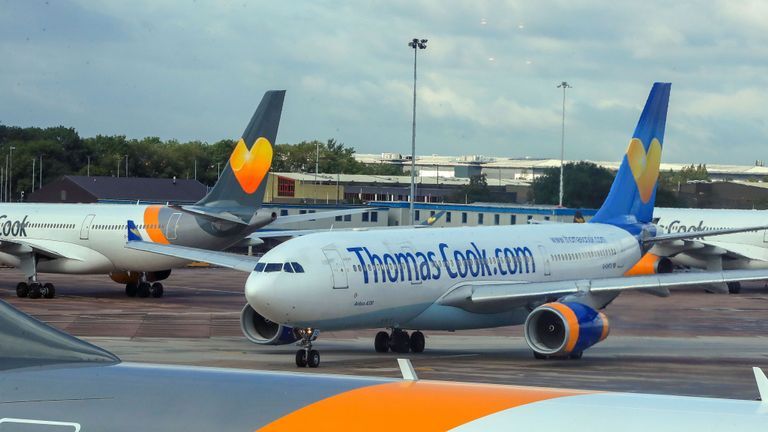The vision of LAMDA for the development of the former Hellinikon airport is the design of a pioneering development for Athens, with emphasis on the creation of a world class Metropolitan Park covering an area of 2,000,000 sq.m., as well as the enhancement of the Coastal Front, both fully accessible to the public.
The Project consists of an integrated urban development model that will combine the area’s natural beauty and unique inherent characteristics with landmark buildings and state-of-the-art infrastructure. The ‘green’ and ‘smart’ design approach of the Project will offer world-class services and amenities while improve the standard of living of the entire Attica area’s inhabitants.
The investment will include a diverse range of residential communities, hotels, shopping centers, family entertainment venues, museums and cultural venues, health and wellness centers, significant space for sports and recreation, a modern business park with an educational and R&D hub as well as the total regeneration of the existing marina and the entire Coastal Front that will, along with the Park, will be the major attractions of the site.
The Project constitutes the largest urban regeneration project in Europe, designed to add significant new investments and uses in the areas of tourism, culture, entrepreneurship, innovation and in the environment. Thus, it is expected to have a positive effect not only on the region of Attica but on the entire country as well.
The investment amounts to € 8 bn., and is expected to create 10,000 permanent jobs during the construction period and 75,000 jobs (IOBE study, July 2016) during its maturity. Moreover, the Project is expected to substantially contribute to the repositioning of Athens as one of the major world class tourist destinations as it will provide a significant number of new units as well as thematic tourism venues, expected to attract at least 1 mil new tourists while significantly reduce seasonality and at the same time increase the average stay over and spending of tourists in Athens. The Hellinikon Project investment is expected to contribute to the country’s GDP by 2.4% until the development’s completion date, while contributing a total of over € 14 bn. in taxes to the Greek State over the same timeframe.
For more information please visit Hellinikon’s website: http://www.thehellinikon.com





